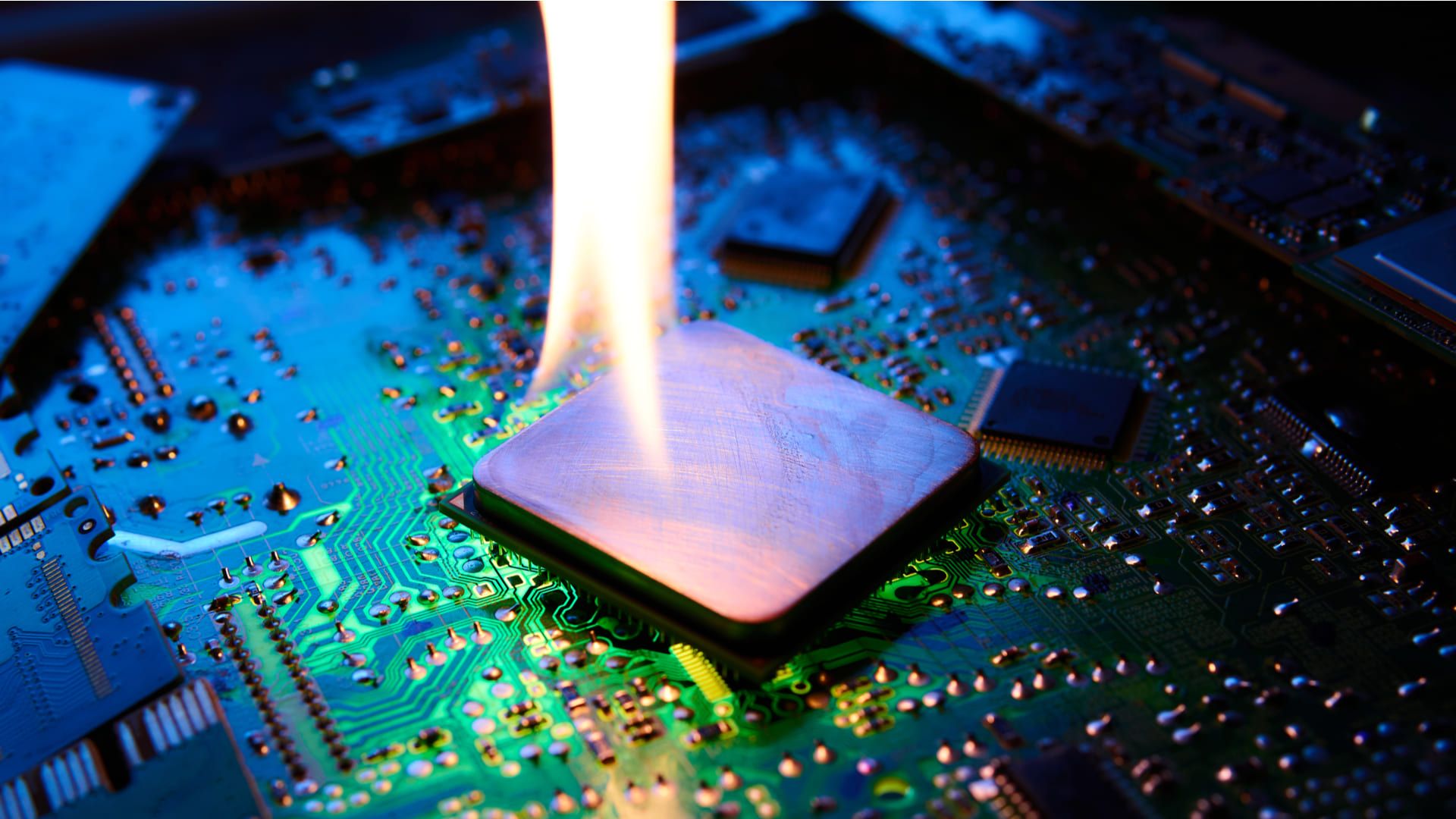Welcome to the world of overclocking! If you are a computer enthusiast, you may have heard of this technique that allows you to increase the performance of your PC. In this article, we are going to delve into what overclocking is, the advantages and disadvantages it entails, and how it can affect the performance of your computer.
What is overclocking?
Overclocking is a technique that consists of increasing the clock frequency of a PC component, generally the CPU or GPU. The clock frequency is the speed at which the component performs its operations. Increasing the clock frequency increases the speed at which data is processed, resulting in increased performance.
For example, if you have a processor clocked at 3.0 GHz and you overclock it to 3.5 GHz, you will increase its processing speed by 16.7%. This increase in performance can be very useful if you are performing demanding tasks, such as video editing or high-demand gaming.
What advantages and disadvantages does overclocking have?
Overclocking has several advantages, as we have already mentioned, the main one is the increase in the performance of your PC. This can be especially useful if you are performing demanding tasks, as overclocking can speed up the process.
Another advantage of overclocking is that it can help you extend the life of your PC. If your computer is starting to get old, overclocking can help you squeeze a little more performance out of it before you have to upgrade.
However, overclocking also has drawbacks. One of the main ones is the increase in energy consumption and heat generation. As the clock frequency increases, more power is required to power the component and this in turn generates more heat. If not handled correctly, this can affect system stability and, in extreme cases, damage components.
Another drawback is that overclocking can void the component warranty. Most hardware manufacturers don’t cover damage caused by overclocking, meaning if something goes wrong, you’ll have to pay repair or replacement costs.
How does it affect the performance of my PC?
This method can have a big impact on your PC’s performance. As we have already mentioned, increasing the clock frequency speeds up data processing, which translates into an increase in performance.
However, it can also affect the stability of the system. If the component is not adequately cooled or is overloaded, it can cause system errors or even cause permanent damage.
In conclusion, overclocking can be a useful technique to increase the performance of your PC, but it also has its risks. If you decide to try it, make sure you do it carefully and follow the proper guidelines. If you are not sure what you are doing, it is best not to risk it and leave your equipment as is.00







